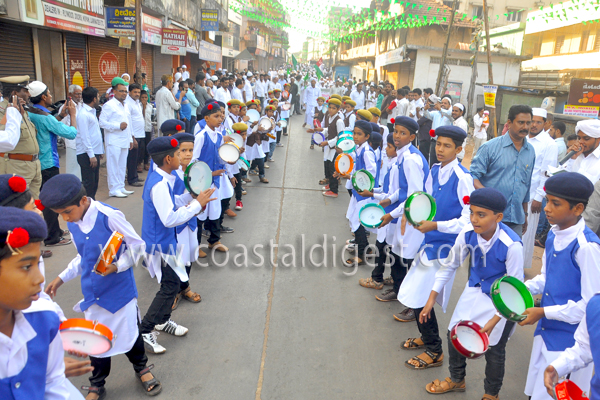
Mangalore, February 5: A large number of Muslims in the city celebrated the Eid-e-Milad, the birth anniversary of Prophet Mohammed on Sunday.
Homes, mosques, dargahs and madrassas have been decked with flags, buntings and banners to mark the day, considered by a section of Muslims to be the most blessed in Islamic calendar.
Madrasa children took out Milad rallies in various parts of the city. Thousands of children too part in the Milad rally held at Bunder area of Mangalore.
Different programmes were organised by some Muslim organisations to project the life and disseminate the teachings of Prophet Muhammad as part of the festival. Preachers spoke about the significance of celebrating the Prophet's birthday in Milad-meetings organized in some mosques. Manqoos Maulood, a book to glorify Prophet, was recited at various mosques and homes.
"It is an occasion to reiterate our respect and honour to the Prophet," said Mohammed Ali Darbe a Sunni cleric.
However some Muslim organisations and scholars have criticized the celebration of birth day of Prophet Muhammad.
“Prophet Muhammad has strictly warned the Muslims against innovations in religion. Neither the companions of Prophet, nor his true followers celebrated Milad anywhere in the world throughout the Islamic history. Milad is an innovation”, said Yaqoob Kallarpe, a Salafi cleric.
"Instead of displaying banners and badges and shouting slogans, Muslims should follow the teachings of Prophet Mohammad and strive to spread the message of peace in the society”, he said.
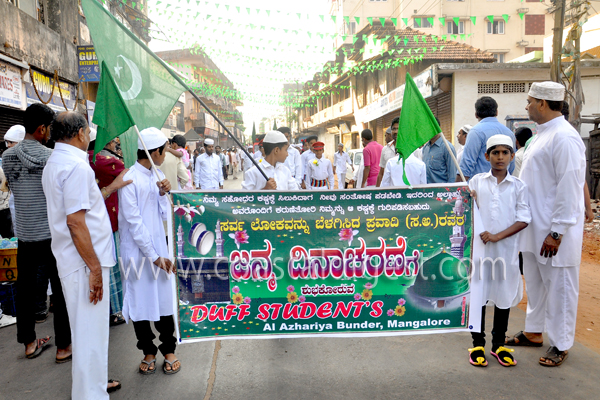
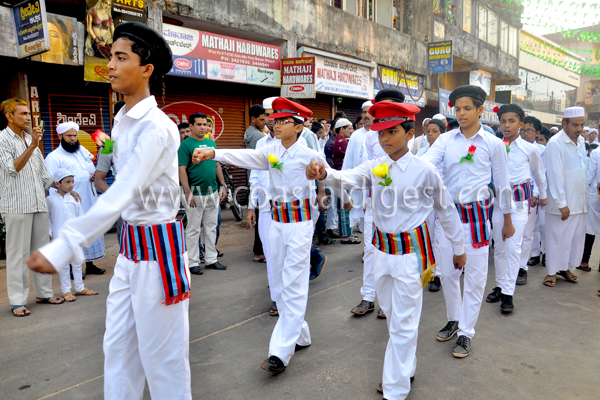
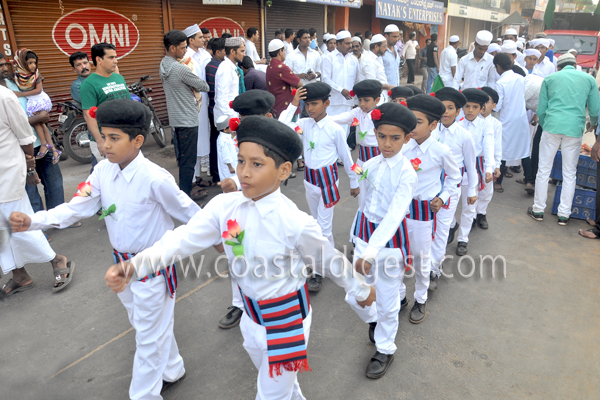
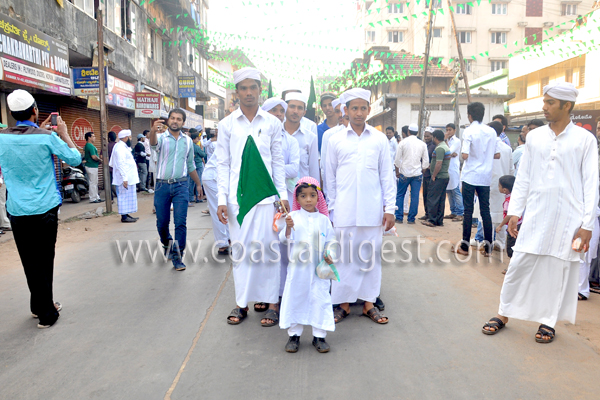
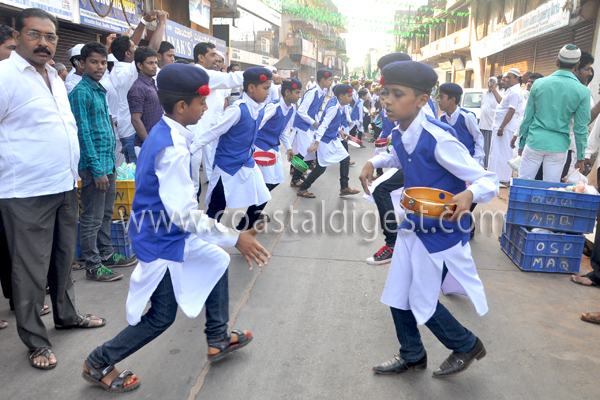
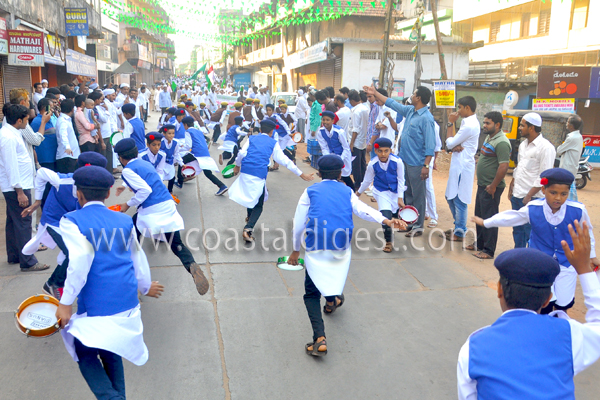
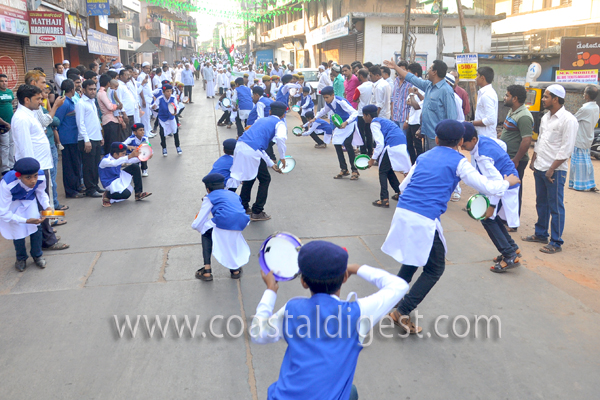
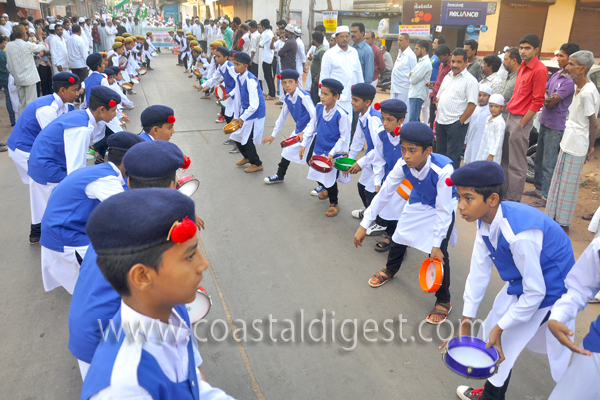
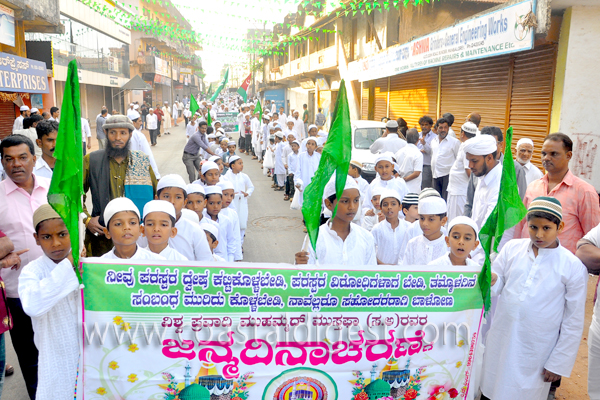
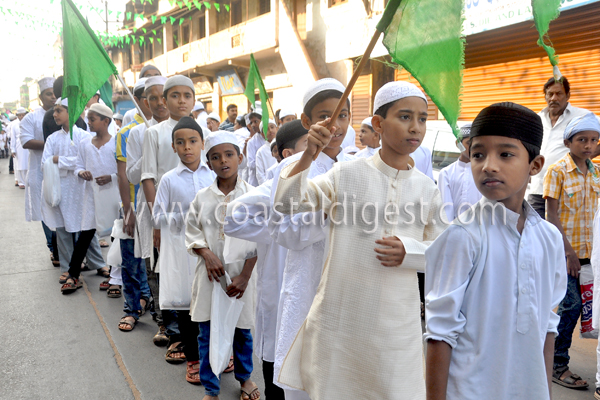
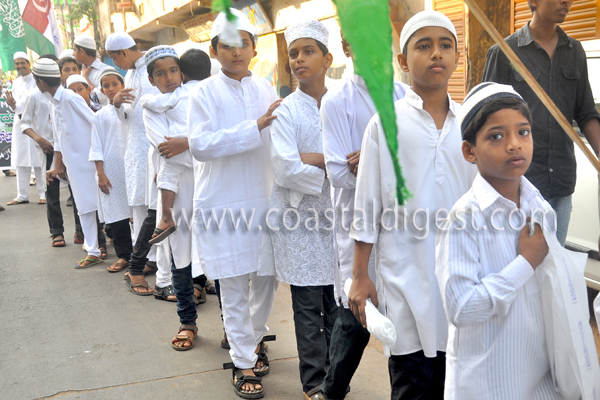
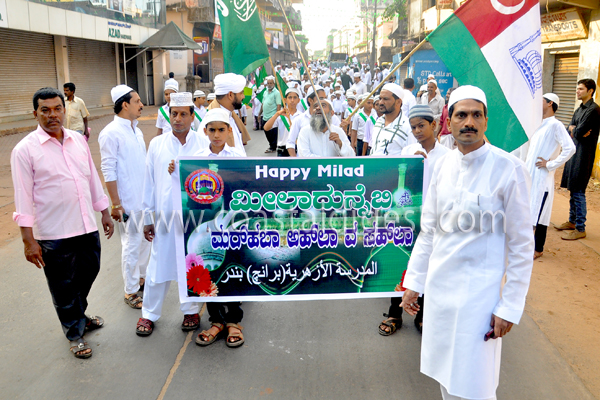
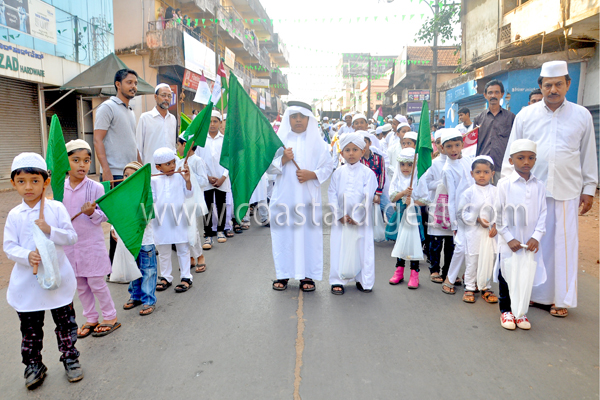
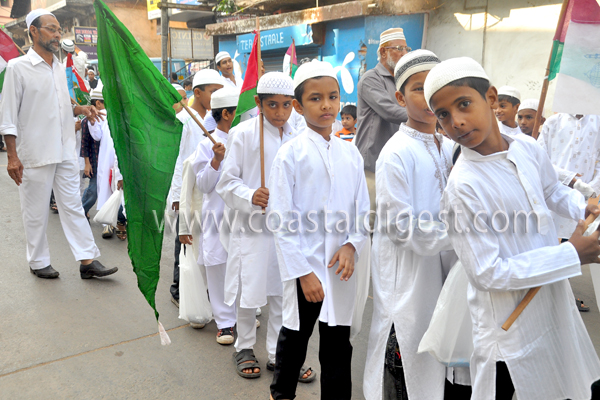
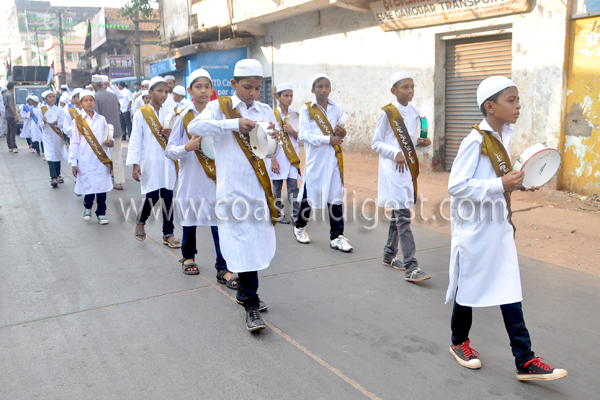
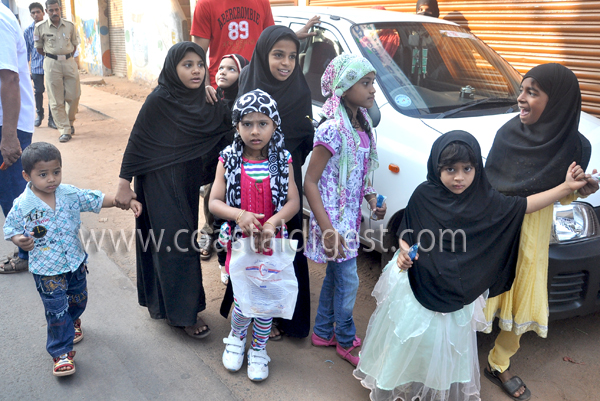
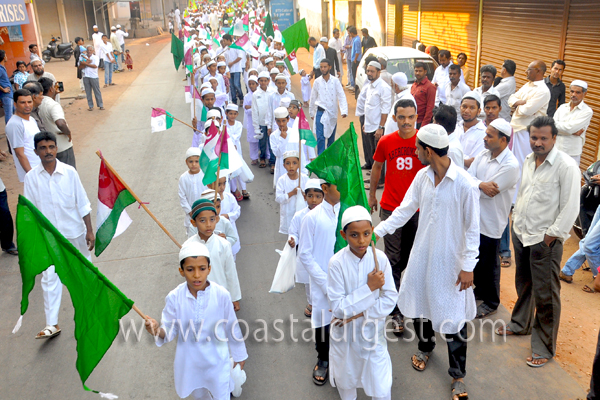
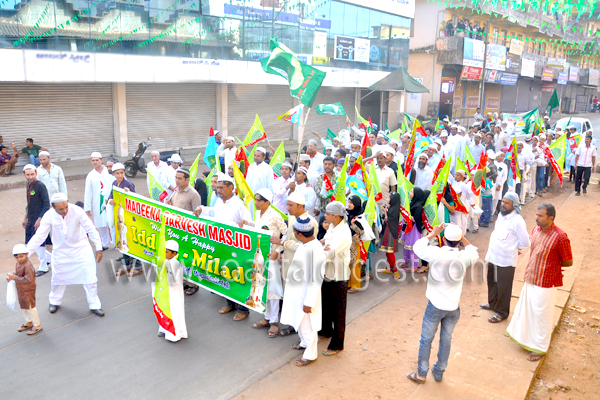
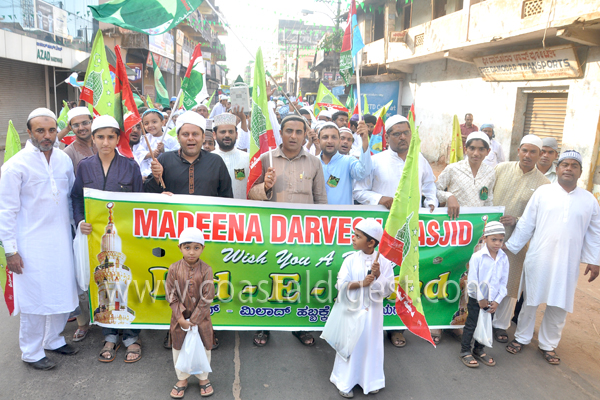
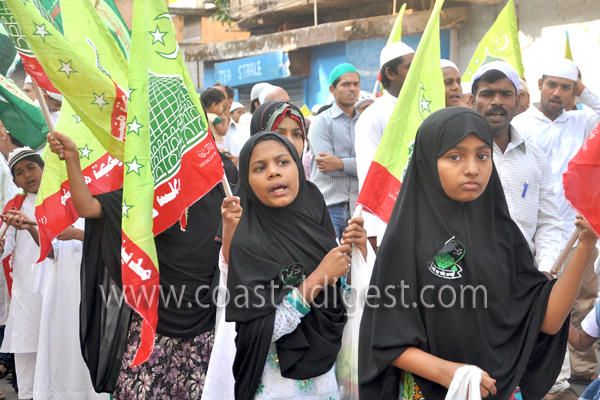
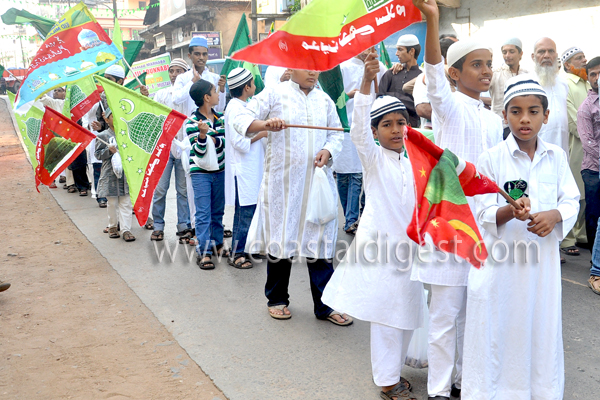





Comments
Add new comment